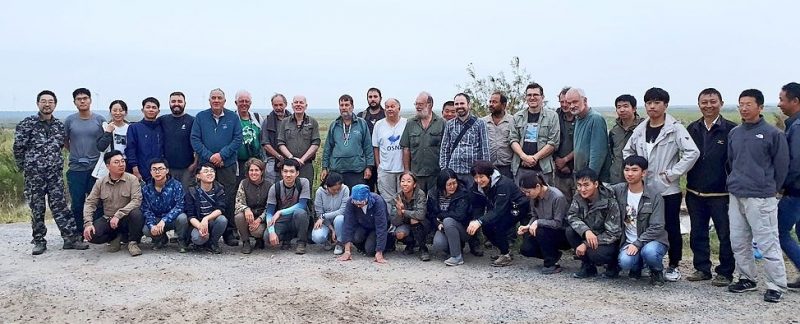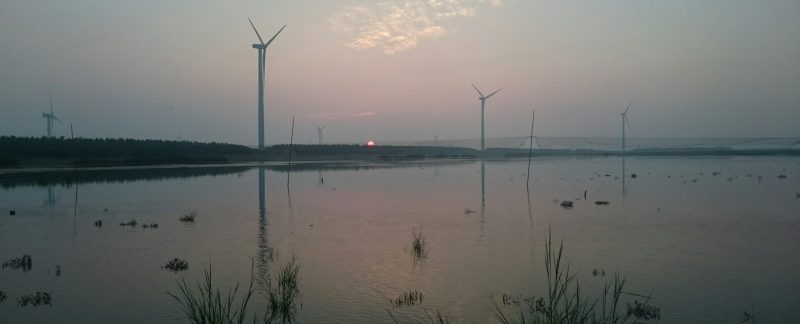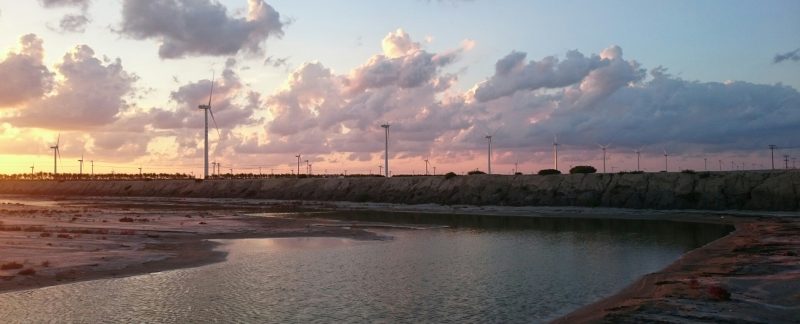From almost the beginning of our now over 60-year history, members of the Wash Wader Ringing Group have travelled around the world to help others with wader-catching projects. Part of this work at present involves helping with work on the critically-endangered Spoon-billed Sandpiper (SBS; https://www.saving-spoon-billed-sandpiper.com/). This autumn, group members were again part of a team led by Professor Chang Quin of Nanjing Normal University, working in Jiangsu, China. The aims of this year’s autumn passage work were to catch and mark SBS, satellite tag a small number, scan flocks of SBS to work out the proportion of marked to unmarked birds to add to our estimate of the numbers of birds using the area (https://www.waderstudygroup.org/article/12026/; https://www.waderstudygroup.org/article/12091/) and to mark and measure a range of other species.
Continue Reading →


